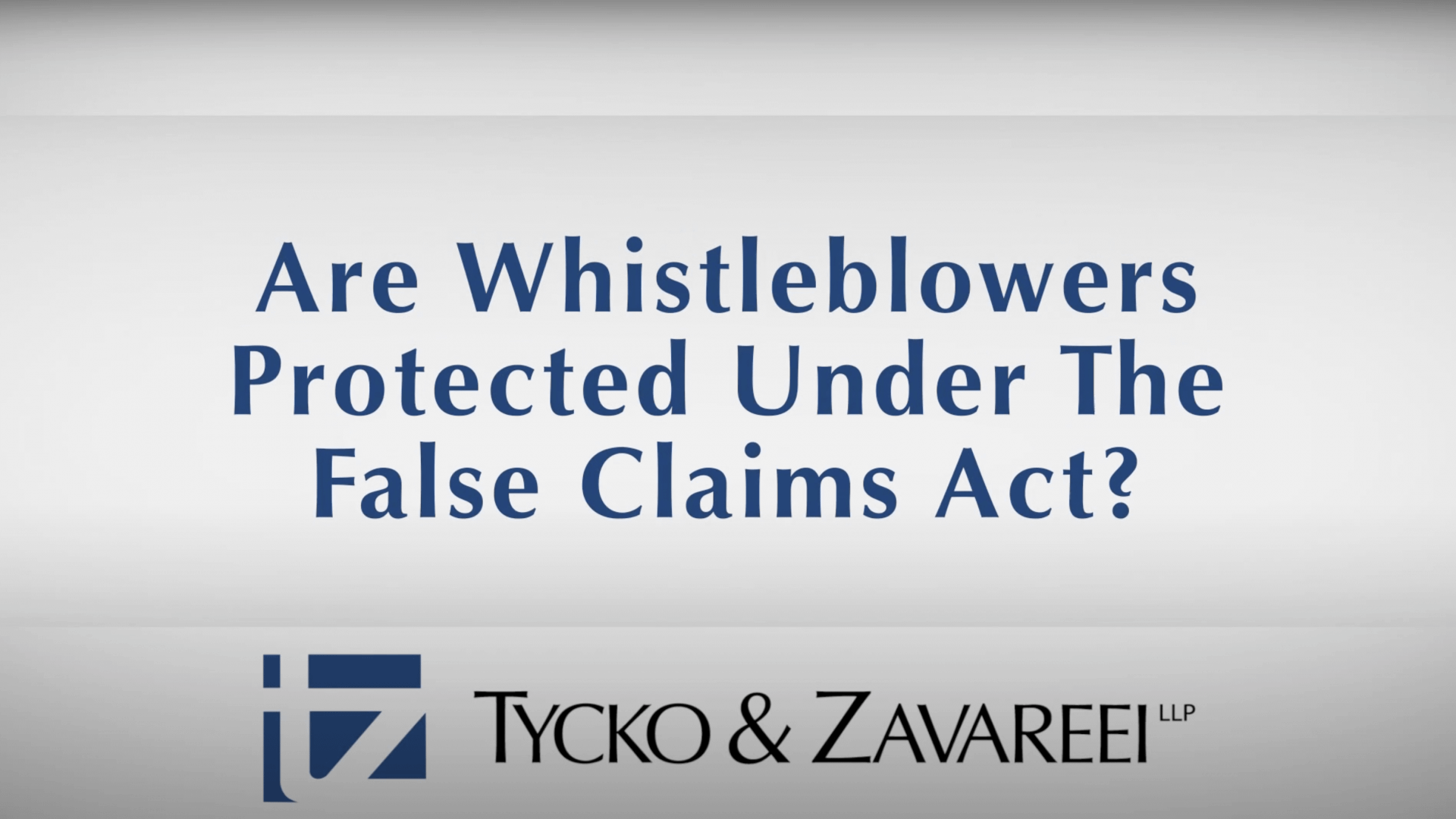
Often, our qui tam whistleblower clients come to us with concerns about potential retaliation by their employers, or even industry blacklisting, as a result of their whistleblowing. Unfortunately, it is possible that those unscrupulous companies will sometimes try to punish the qui tam whistleblower, rather than reward his or her integrity. However, the False Claims Act does offer protection to its whistleblowers, in three ways.
First, the False Claims Act has an anti-retaliation provision. Under this provision, an employer may not discharge, demote, suspend, threaten, harass or discriminate against an employee for bringing a qui tam case under the False Claims Act, or engaging in certain other types of protected activity. If the employer violates that prohibition, the employee can then sue the employer for damages (such as lost wages) and other relief. This is one way that the False Claims Act offers protection to an employee who blows the whistle on his or her employer.
Secondly, when a qui tam case is filed, it is filed “under seal.” This means that, at least at the time of filing, your identity is kept a secret from the public. On average, the “seal period” last about 18 months. While the case does typically become public after the seal is lifted, the seal period does give whistleblowers some amount of time to plan for their future if they fear retaliation or blacklisting from their employer. In addition, at least in some cases, the courts can be persuaded to keep a qui tam whistleblower’s identity a secret even after the seal period has passed.
A third way that the False Claims Act protects qui tam whistleblowers is that the Act provides for very substantial monetary awards for whistleblowers. It is possible for a False Claims Act whistleblower to receive between 15% and 30% of the government’s entire recovery. Successful qui tam whistleblowers do receive monetary compensation, which can then provide them with an economic cushion, should they need it.
However, qui tam whistleblowers are rarely motivated by the prospect of the recovery alone. Often, they are loyal employees, who turn to qui tam lawsuits only as a last resort: as a way to be heard, and to protect their fellow taxpayers. These qui tam whistleblowers tend to be very brave, principled people, that we as qui tam attorneys are honored to represent. Here at Tycko & Zavareei LLP, we understand the risks that whistleblowers take when they stand up to their employers or other powerful interests, and we work aggressively to protect our client’s rights.
If you have information concerning a potential qui tam whistleblower case, do not hesitate to take action—you might be able to bring your own whistleblower suit under the False Claims Act. If you would like to consult with one of our qui tam attorneys about your potential qui tam case, please fill out our Confidential Case Evaluation form, or call (202) 973-0900 to speak with a lawyer here at the law office of Tycko & Zavareei LLP.

